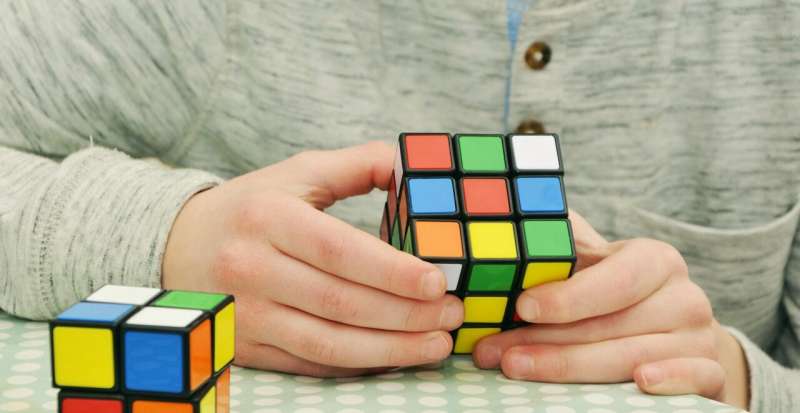Published in npj Digital Medicine, the study is based on a patented approach that uses non-invasive brain stimulation alongside adaptive AI to maximize its impact.
The technology uses transcranial random noise stimulation (tRNS)—a gentle and painless form of electrical brain stimulation—and an AI algorithm that learns to personalize stimulation based on individual features, including attention level and head size.
By tailoring stimulation intensity to these characteristics, the system identified optimal settings without the need for expensive MRI scans, making the personalization scalable and cost-effective.
The AI was trained using data from 103 people aged 18 to 35, who completed 290 home-based sessions using CE-marked (European Union standard) headgear and a tablet-based sustained attention task. The system was then evaluated in a double-blind study involving 37 new participants.

